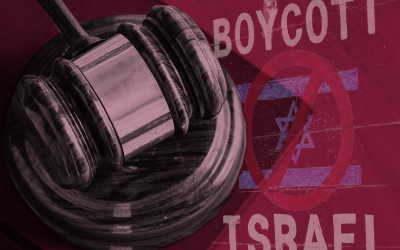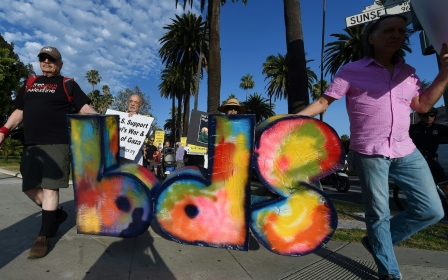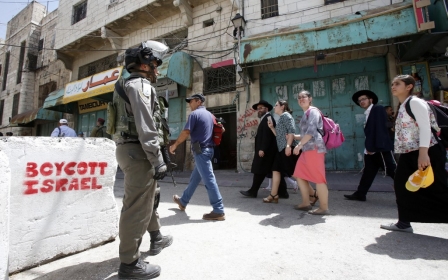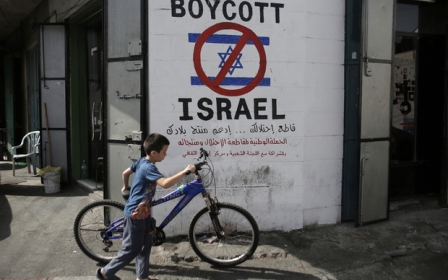New York judge says university must allow students to form pro-Palestine group
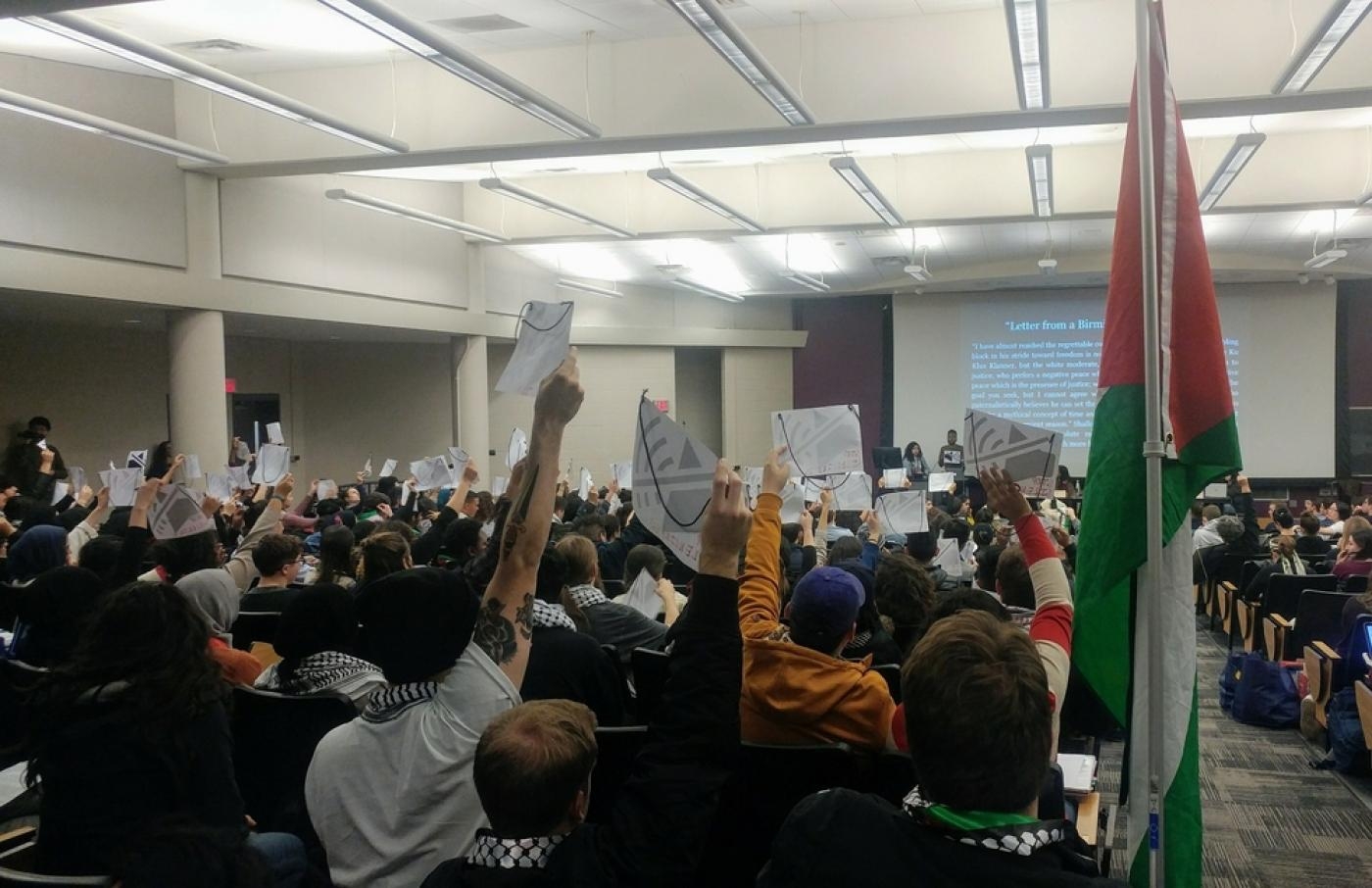
A New York judge has ordered a private university to recognise a Students for Justice in Palestine (SJP) club on its campus, a decision that was welcomed by students and rights groups as a boost for Palestine advocacy in the United States.
In a decision released on Tuesday, Justice Nancy Bannon said Fordham University's decision to reject an application from students to start an SJP branch at the New York City school was "arbitrary and capricious".
Fordham's student government approved the creation of an SJP branch at the university in November 2016, but the dean of students Keith Eldredge rejected it a month later.
At the time, Eldredge cited concerns about SJP's support for the Boycott, Divestment and Sanctions (BDS) movement, which seeks to pressure Israel to end its human rights abuses against Palestinians.
Eldredge also criticised the group for "advocating political goals of a specific group and against a specific country".
New MEE newsletter: Jerusalem Dispatch
Sign up to get the latest insights and analysis on Israel-Palestine, alongside Turkey Unpacked and other MEE newsletters
On Monday, Justice Bannon dismissed that reasoning, writing in her decision that the university denied the students' application because SJP specifically advocates around Israeli government policies.
"To the extent that Dean Eldredge claims authority to reject any club that criticises a particular country, that same rule could be applied to students protesting or criticising China's occupation and annexation of Tibet, Russia's occupation of Crimea or Iraq's one-time occupation of Kuwait," she wrote.
Fordham University did not respond to Middle East Eye's request for comment on Tuesday.
The students, who were represented by the Center for Constitutional Rights and Palestine Legal, welcomed the judge's decision.
Ahmad Awad, a former Fordham student who graduated in 2017, said the school's decision to deny his and his classmates' petition to start an SJP club on campus hindered their ability to advocate for Palestinian human rights.
"Although over 1,000 days have passed since we initiated the process for club status, I did not give up on my fight for human rights and free speech," Awad said in a statement.
"I continued to advocate for justice in Palestine, and now because of Justice Bannon's order, no Fordham student will be restricted or prohibited from advocating for justice in Palestine."
Bannon's decision comes amid a country-wide push against Palestinian activism, with dozens of US states passing anti-BDS laws in recent years.
Rights groups have raised concerns that such measures infringe on civil liberties and violate the First Amendment of the US constitution, which protects free speech.
Fordham, which is based in New York City, is a private university, so the First Amendment does not fully apply to it.
However, Bannon found that the school had violated its own rules and mission statement by rejecting the SJP club.
Middle East Eye delivers independent and unrivalled coverage and analysis of the Middle East, North Africa and beyond. To learn more about republishing this content and the associated fees, please fill out this form. More about MEE can be found here.


